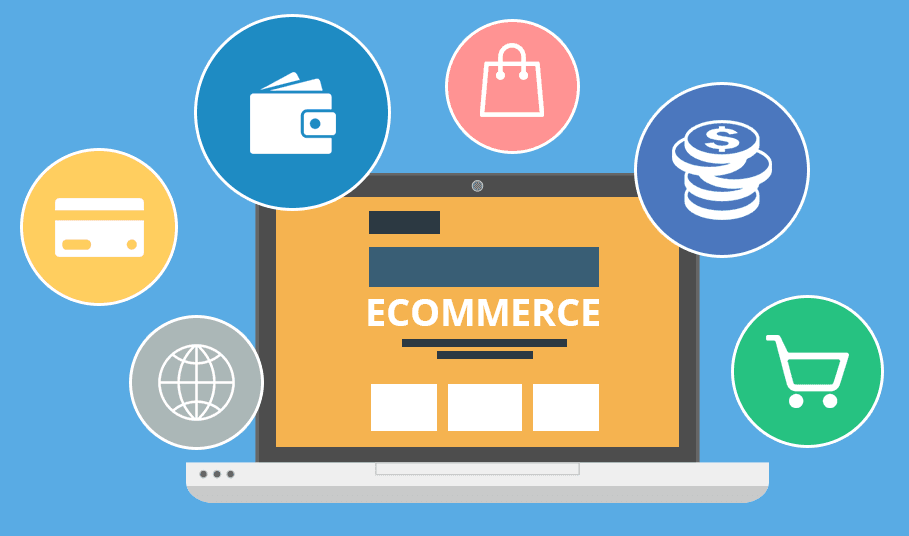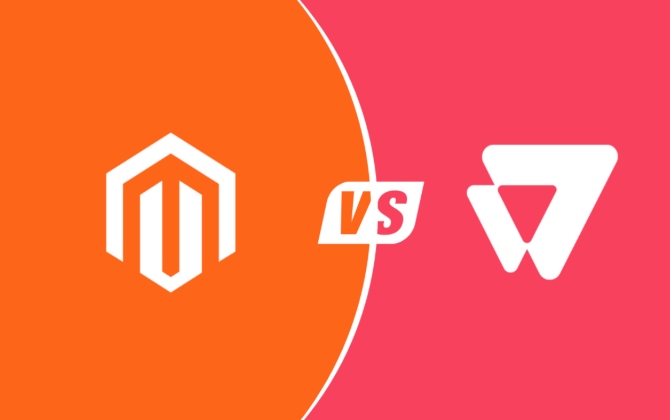A few months ago we presented you in this article VTEX, the eCommerce platform born in Brazil with a presence in more than 25 countries that is beginning to make its way in Spain. VTEX is easy to use and stands out for its speed, allowing you to set up an operational online store in a very short time. This poses a tough competition to other platforms such as Magento, strongly implanted in our country.
Both VTEX and Magento are two strong and consolidated eCommerce platforms that can help us achieve our business goals. But each has taken a different approach. As there are quite a few differences between the two, we have prepared this mini guide to highlight the most important ones and help you decide which of the two can help you develop your project.

VTEX, the cloud-based eCommerce platform
Created by Brazilians Mariano Gomide and Geraldo Thomaz in 1999, VTEX is a cloud platform that offers eCommerce a centralized solution to create and manage online stores and monitor the entire purchase process. It also provides elastic scaling capabilities to respond to market changes and customer demands in real time.
VTEX currently has the trust of more than 2,500 clients from more than 25 countries around the world. Thanks to its services and advantages, it is one of the eCommerce platforms in which medium and large companies that sell online and plan for the long term place their trust.
Main advantages of a VTEX eCommerce
- Launch speed: One of the great advantages of VTEX is that you can create and launch an Ecommerce in record time thanks to its configurable framework. While on other platforms it could take up to six months to have an operational online store, on VTEX you could achieve it in half the time.
- Better performance: The React components of its Store Framework are built to optimize the performance of the online store, achieving low page load times.
- Smart search engine: VTEX’s default search engine stands out from other eCommerce platforms on the market. Its search engine uses artificial intelligence to understand what the user is looking for and return relevant results.
- Efficient Marketing Tools: VTEX allows the marketing team to easily create promotions and discount codes and send them to customers who are most likely to use them. Another of the tools offered by the platform is the smart checkout, which allows users to make purchases without having to create an account within your eCommerce. And another interesting advantage is that it has A/B tests, which will allow your marketing team to make design changes in your eCommerce to optimize the conversion to sale.
- SEO optimization: As far as search engine optimization is concerned, VTEX allows you to create search engine friendly URLs, and edit data such as the meta description and other meta tags.
- Omnichannel: This eCommerce platform has the necessary functionalities so that your company can be an omnichannel company. The tool allows you to integrate your eCommerce, marketplaces, physical stores and mobile applications in a single platform.
- Scalability: You can add new sales channels when you are ready, increase your bandwidth on the servers to deal with the increase in traffic.
eCommerce Magento, the heavyweight
Magento is the undisputed leader among open source eCommerce platforms. Both its Open Source option and the paid Enterprise version are open to extensions and changes adaptable to the needs of each electronic business. That makes Magento one of the most practical platforms when it comes to adding new features to your online store.
In addition, being a fully scalable platform with a robust and stable structure, it is ideal for those who expect to meet high demand. For this reason, Magento is one of the most used platforms in the world, being chosen by both small businesses and large online stores. In fact, 25% of eCommerce around the world are built on Magento.
Main advantages of a Magento eCommerce
- Open Source platform. Being Open Source, you can flexibly customize, modify or extend the source code for more advanced features or perform optimization of default features.
- Optimized Ecommerce. Compared to other eCommerce platforms, Magento comes with rich and diverse features that help eCommerce manage the entire business from product creation to checkout experience and even promotions or marketing.
- High scalability. You can start your business on a small scale with a limited number of products, but Magento allows you to grow to an unlimited number of products.
- Security and Payment Options. Implementing SSL security is easy to do, ensuring your customers feel secure when shopping online. In addition, Magento allows you to use multiple payment options to the satisfaction of its users.
- SEO features. Magento includes several SEO-friendly features like sitemaps, SEO-friendly URL structures, ranking layers, and more.
VTEX vs. Magento. Main differences
The type of eCommerce platform
On the one hand, we have Magento, a leader in e-commerce and acting as an open community to extend new features. The website owner has full control of the program.
On the other hand, we have VTEX that uses SaaS (Software as a Service). A cloud-based program for delivering applications over the Internet as a service. In this case, the central software is under the control and maintenance of VTEX, which is operated by the SaaS provider’s servers, which could reduce the possibility of certain customizations to suit the client.
The cost of the license
Magento is the only one that offers the possibility of creating an online store completely free and functional with its Open Source version.
Security
Magento 2 has several great security features, with a community of professionals to help you with any queries.
VTEX, as a SaaS platform, provides you with the security you need. >Similarly, it is easy to see the VTEX instance inside and out, and provide comments, suggestions and recommendations.
We hope that this small guide that compares both eCommerce platforms will be useful to you. Anyway, if you have any difficulties to create your e-commerce, you can always consult our Development team.

